Assistant Professor Tamara Bidone, Ph.D. has been named a 2024 National Academy of Sciences Kavli Fellow and was recently honored at the Kavli Frontiers of Science symposia on March 7-9th in Irvine, California.
Dr. Bidone, Assistant Professor of Biomedical Engineering and Adjunct Assistant Professor of Biochemistry and of Molecular Pharmaceutics at University of Utah, is also appointed faculty in Utah’s Scientific Computing and the Imaging Institute. Her research focuses on understanding how changes in conformation and dynamics of proteins and protein-protein complexes control cell behavior. This work involves her development and integration of new molecular, macromolecular and cellular computational methods.
Her research has contributed substantially to elucidating diverse roles of molecular interactions in governing functional states of biological macromolecules and their subsequent impact on cellular-level systems. Her lab applies these modeling techniques to problems related to engineering on the molecular, cellular and tissue levels, such as extracellular matrix effects on cell spreading, the assembly of the cytokinetic ring in cell division, the role of forces on chromosome separation and the response of cells to altered external stiffness, as in fibrosis and cancer.
The National Academy of Sciences selects approximately 200 young scientists annually from industry, academia, and government to attend the Kavli Frontiers of Science symposia. The prestigious designation of “Kavil Fellow” acknowledges Dr. Bidone’s innovative and impacting research.
“Together with the computational biology and biophysics communities at the University of Utah, we have a shared commitment to solving the problems related to protein structure and function, and how they control cell behavior.” Bidone responded when asked about the Kavil Fellow announcement.
She adds “This honor will help open doors and create more opportunities for advancing my lab’s central mission to understand complex biological phenomena in health and disease.”

